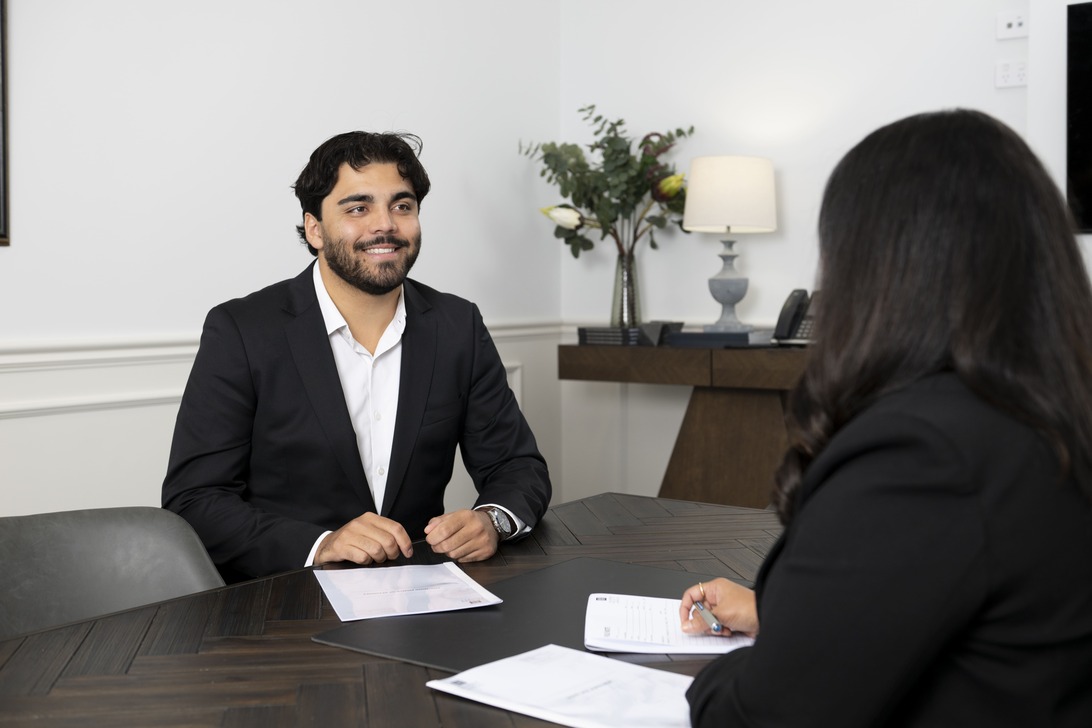
What is a Deed of Family Arrangement and when should you use one?
When someone passes away, it is important that there is clarity about what happens to their estate. Typically, their Will dictates how their estate should be distributed among beneficiaries. A well drafted Will might have some flexibility to accommodate life’s twists and turns, and it is important to keep your Will up to date as your life circumstances change. Unfortunately, life is rarely straightforward, and sometimes the person’s Will doesn’t reflect what’s best for the family or what the deceased would have wanted given changed circumstances. This is where a Deed of Family Arrangement can provide a practical solution for Western Australian families.
Understanding Deeds of Family Arrangement
A Deed of Family Arrangement (also known as a Deed of Variation or Family Arrangement Deed) is a legal document that allows beneficiaries of an estate to agree to deal with the assets of a deceased’s estate differently from what’s specified in the Will. Essentially, it’s a formal agreement between all affected parties to change how a deceased’s estate is dealt with, and how an inheritance is shared.Under Western Australian law, beneficiaries have the right to agree among themselves to redistribute estate assets, provided all parties consent and the arrangement doesn’t disadvantage creditors or other interested parties. This flexibility recognises that circumstances can change significantly between when a Will is written and when someone dies.
When should you consider a Deed of Family Arrangement?
There are numerous situations where a Deed of Family Arrangement might be beneficial for Western Australian families:
- Tax optimisation: One of the most common reasons for using these deeds is to minimise tax liabilities. By redistributing assets strategically among family members, you might reduce capital gains tax, stamp duty, or other tax obligations that would arise from the original distribution.
Tax law is complex and constantly changing, so professional advice is essential to ensure any arrangement works as intended.
- Changed family circumstances: Perhaps a beneficiary has experienced financial hardship, disability, or other life changes since the Will was written. A Deed of Family Arrangement can redirect more resources to those who need them most while reducing bequests to those who are now financially secure.
- Business succession planning: When a family business is involved, a Will might not leave assets in a way that provides a practical ownership structure for operations to continue. A Deed of Family Arrangement can consolidate business ownership with the most capable family members while compensating others appropriately.
- Protecting vulnerable beneficiaries: If a beneficiary has gambling problems, addiction issues, or poor financial management skills, the family might agree to redirect their inheritance into a protected trust structure rather than providing direct access to funds.
- Addressing relationship breakdowns: Sometimes family relationships deteriorate after a Will is written. Rather than facing costly and emotionally draining court battles, families can use a deed to reach mutually acceptable compromises.
- Property considerations: The Will might leave the family home to multiple children, but selling it and dividing proceeds could be emotionally difficult or financially disadvantageous. A deed might allow one child to keep the property while compensating siblings in other ways.
Key requirements and considerations
For a Deed of Family Arrangement to be legally valid in Western Australia, several conditions must be met:
- Universal consent: All beneficiaries who would be affected by the changes must agree to the new arrangement. This includes both those giving up benefits and those receiving additional benefits.
- Full disclosure: All parties must have complete information about the estate’s assets, liabilities, and the proposed changes before agreeing to the arrangement.
- Independent advice: Each party should receive independent legal advice to ensure they understand the implications of the proposed changes, particularly regarding tax consequences and future entitlements.
- Proper documentation: A deed must be properly drafted and executed according to legal requirements, including witnessing and signing procedures.
- Timing considerations: While there’s no strict time limit, deeds are typically executed within two years of death to maximise tax benefits, particularly regarding capital gains tax rollovers.
Potential drawbacks and risks
Despite their benefits, Deeds of Family Arrangement aren’t suitable for every situation:
- Complexity: These arrangements can be legally and financially complex, requiring expert advice that can be costly. The benefits must outweigh the professional fees involved.
- Family harmony: Negotiating changes to inheritance can create or exacerbate family tensions, particularly if some members feel pressured to agree or believe they’re being treated unfairly.
- Future disputes: Even with everyone’s agreement, circumstances can change, and family members might later regret their decisions or dispute the arrangement’s terms.
- Limited flexibility: Once executed, deeds are generally binding and difficult to change, so all parties must be certain about their decisions.
- Creditor implications: The arrangement cannot be used to defeat legitimate creditor claims or other legal obligations of the estate.
Tax implications for WA residents
One of the most significant advantages of Deed of Family Arrangements is their potential tax benefits:
- Capital gains tax: Redistributing assets through a deed can potentially access capital gains tax exemptions or rollovers that wouldn’t be available through the Will distribution.
- Stamp duty: In some cases, the deed structure can reduce or eliminate stamp duty that would otherwise apply to asset transfers.
- Income tax planning: Redirecting income-producing assets to family members in lower tax brackets can reduce the overall family tax burden.
It is important to remember that tax law is complex and constantly changing, Professional advice is essential to ensure any arrangement works as intended.
The process of creating a Family Arrangement Deed
Creating an effective deed typically involves several steps: First, identify all stakeholders and ensure everyone understands the current Will provisions and proposed changes. Next, obtain professional valuations of estate assets to ensure fair redistribution. Each party should then receive independent legal and tax advice about the implications. Engage a lawyer to draft the deed. It is important that the Deed covers all contingencies and clearly defines each party’s rights and obligations. It is important that a Deed is properly executed. A Deed needs proper legal formalities, including witnessing and registration where required.
Moving forward
Deeds of Family Arrangement can be powerful tools for Western Australian families navigating inheritance matters. They offer flexibility to address changed circumstances and, in many cases, deliver significant tax benefits. However, they are not suitable for every situation and must be approached with care.
If you’re exploring options during deceased estate administration, it’s important to understand whether a Deed of Family Arrangement is appropriate for your family. These agreements require careful legal drafting, universal agreement among beneficiaries, and a clear understanding of the tax and legal implications. Consulting with experienced estate planning lawyers and tax advisors will help you navigate the complexities and ensure the arrangement is valid, fair, and legally sound. Ultimately, the goal is to achieve a just outcome that honours the deceased’s intentions while accommodating the needs and realities of those left behind.
Brandon Hetherington has considerable experience across the realms of Wills and estate planning, probate and family provision claims, property law, commercial law and litigation. Brandon’s work has seen him appear frequently across the Magistrates Court, District Court, Supreme Court, and the State Administrative Tribunal.

